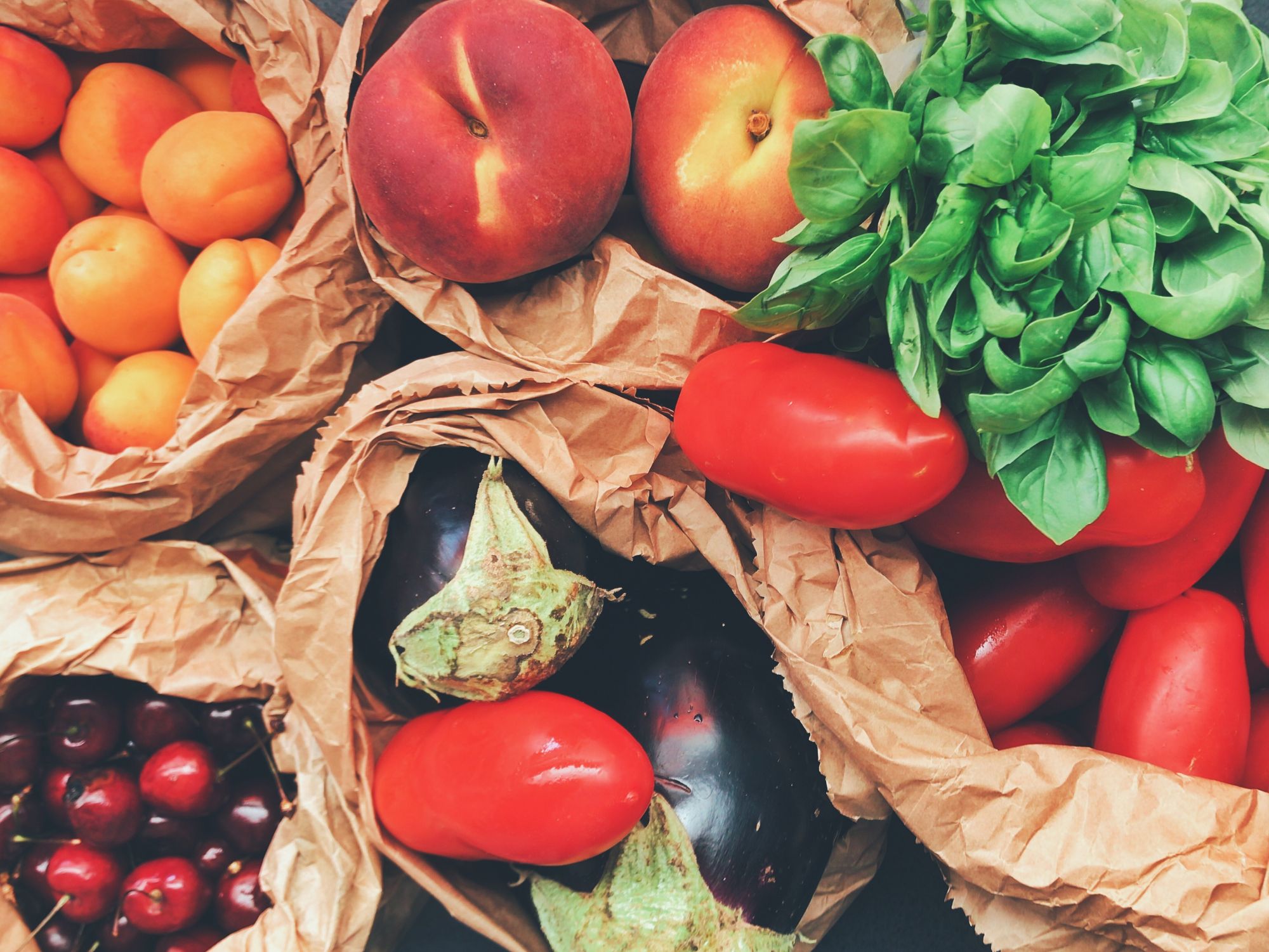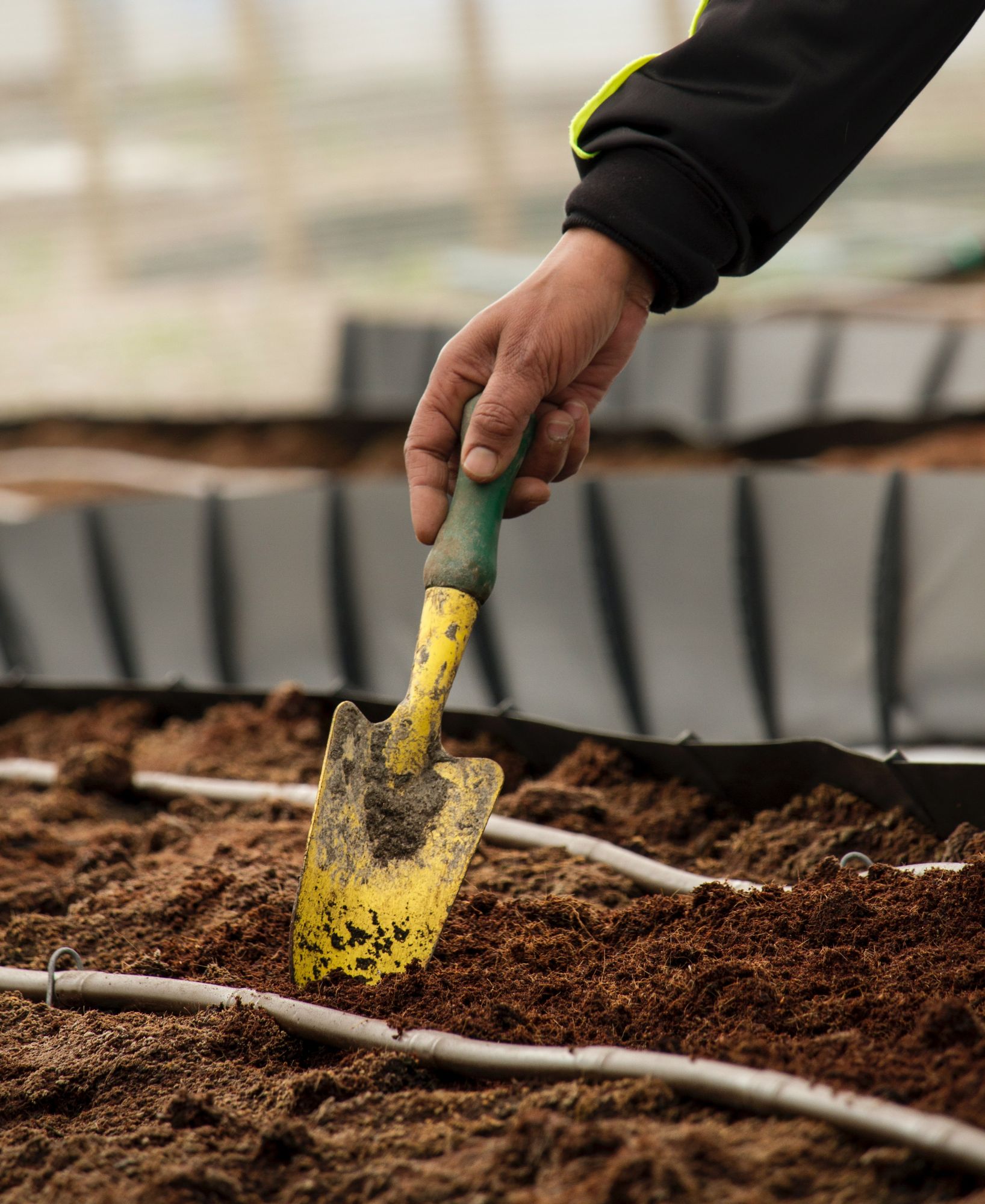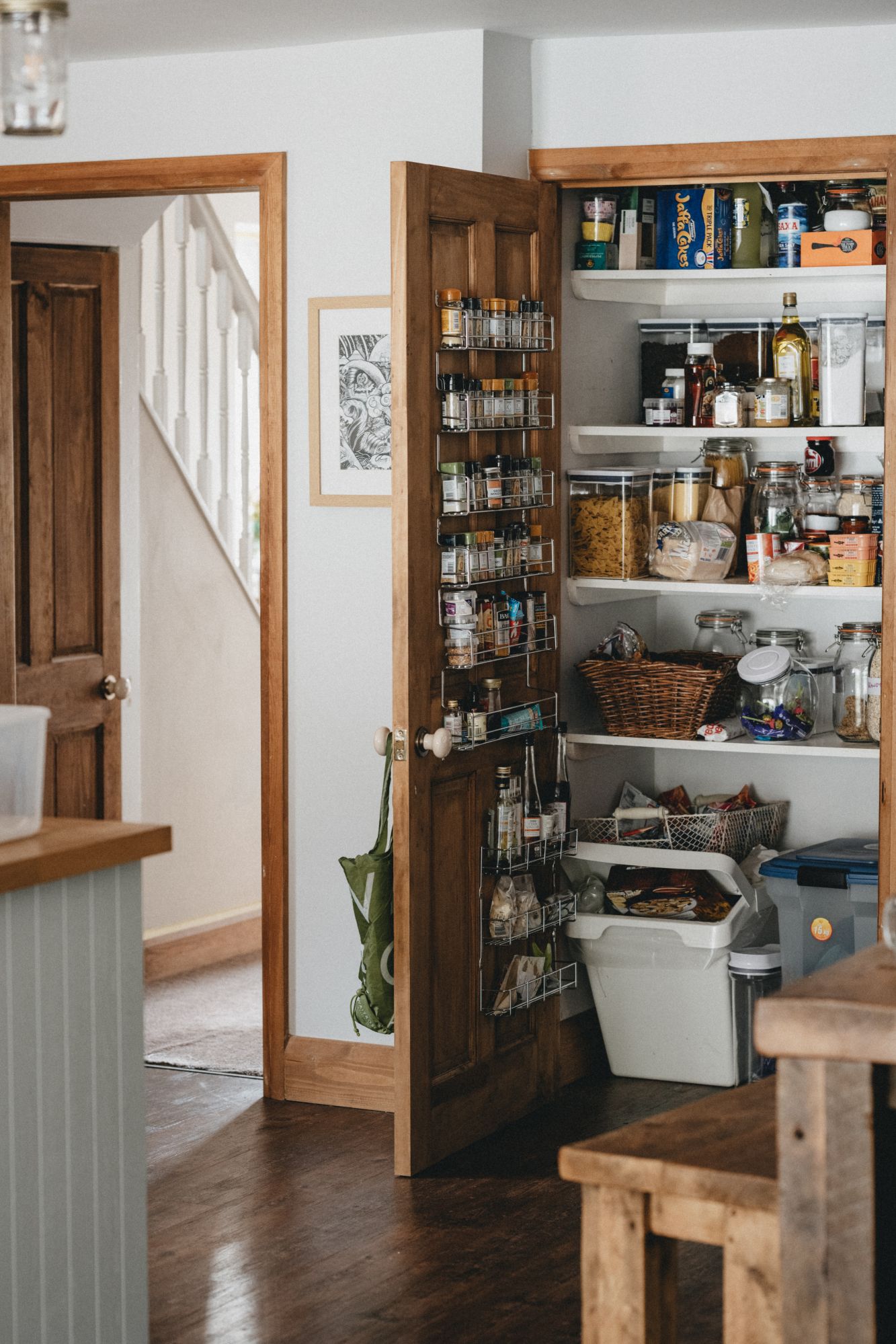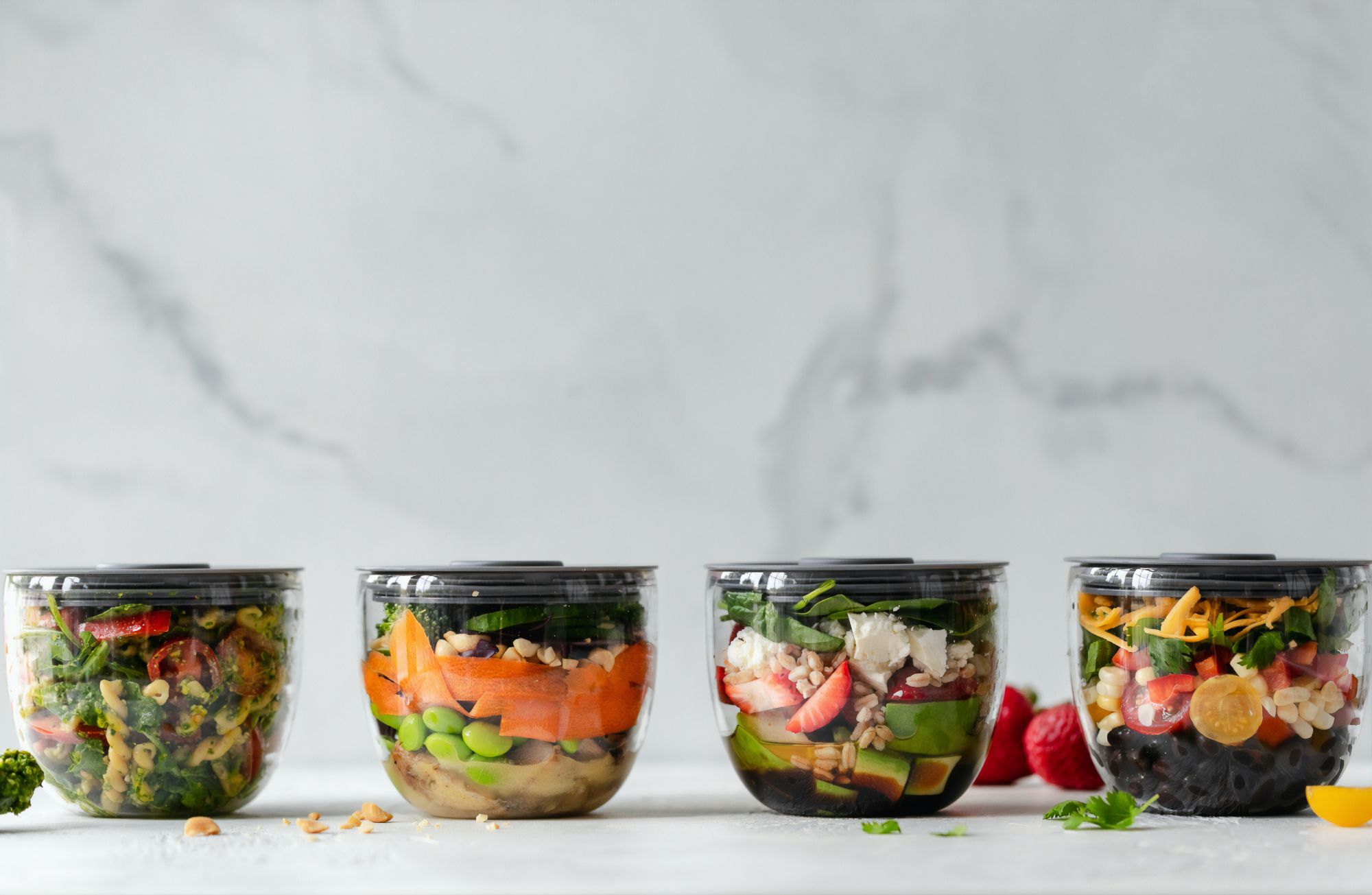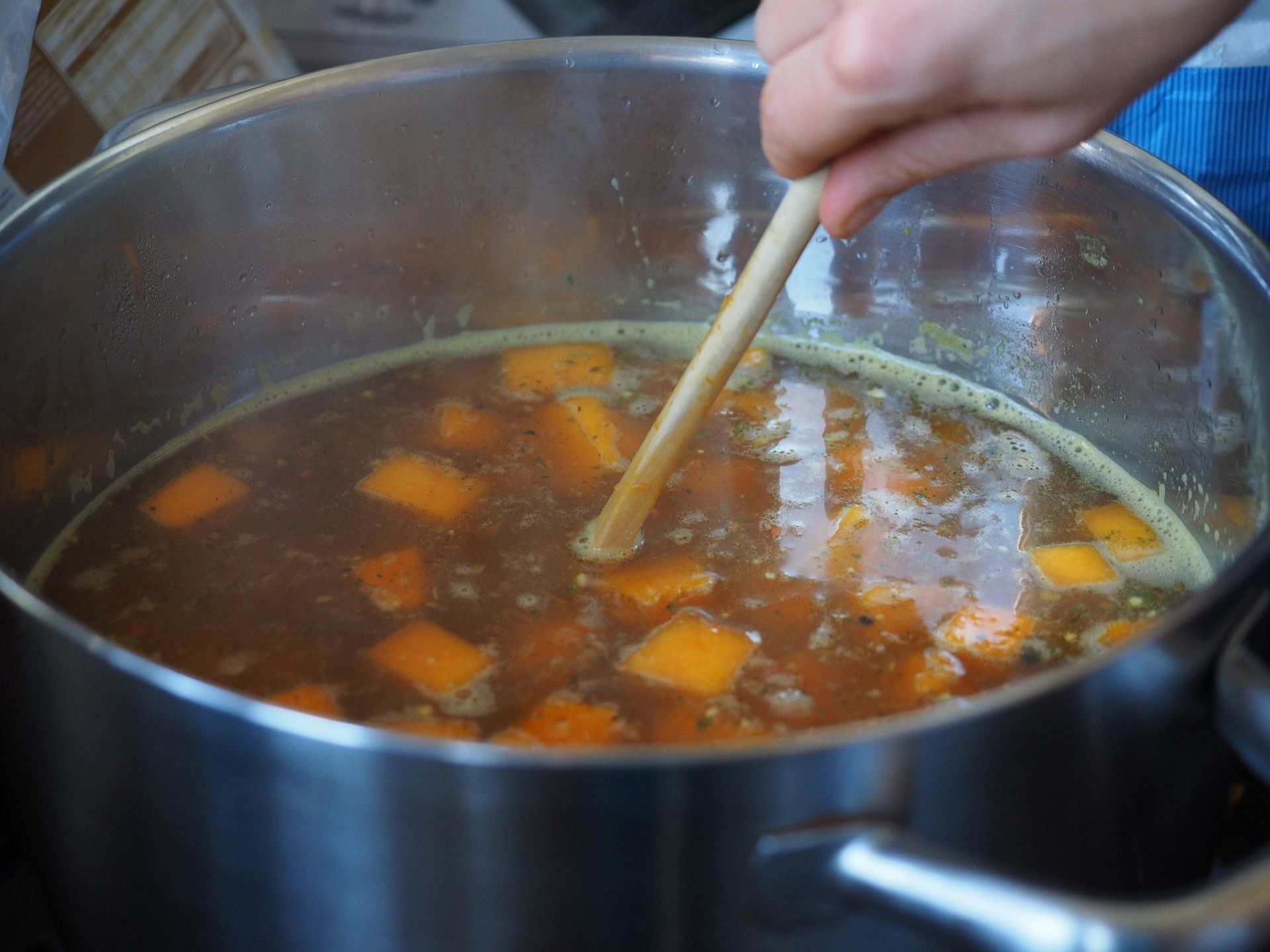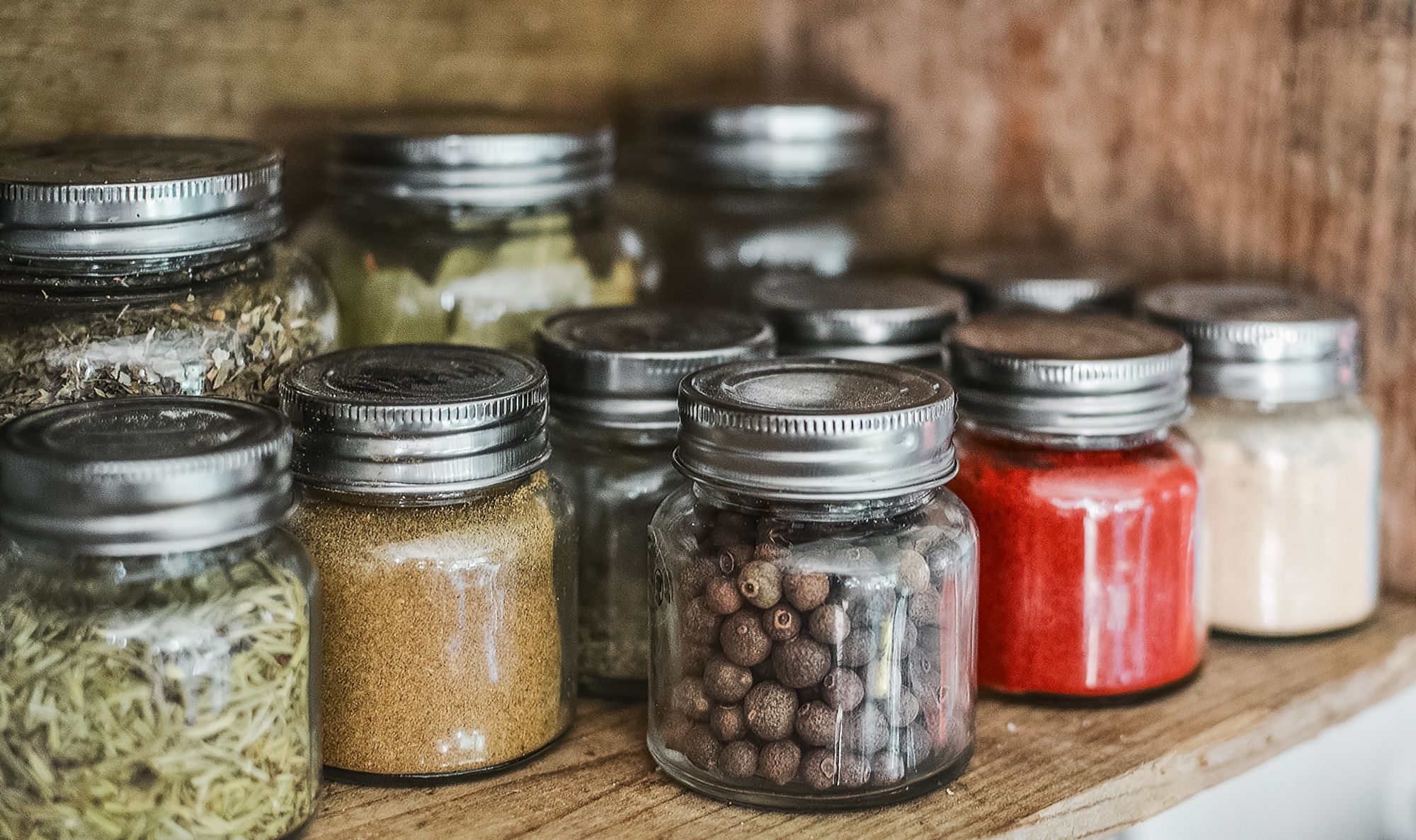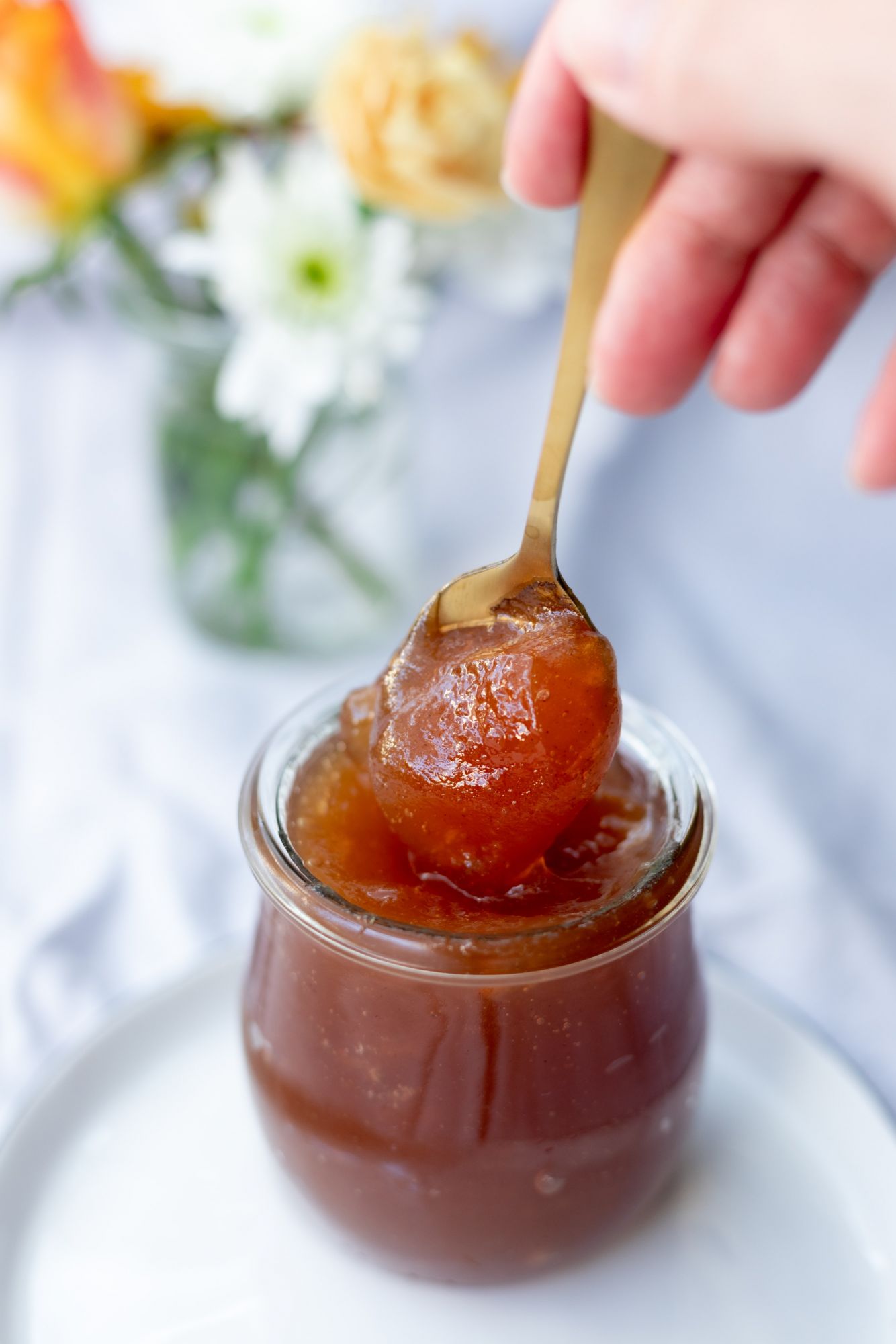Are you noticing that you are throwing away a huge chunk of your food due to spoilage?
Every year, an estimated 1.3 billion tonnes of food ends up in landfills. That is one-third of food produced intended for human consumption. Do your part by lessening food waste in your own kitchen with these nine useful tips.
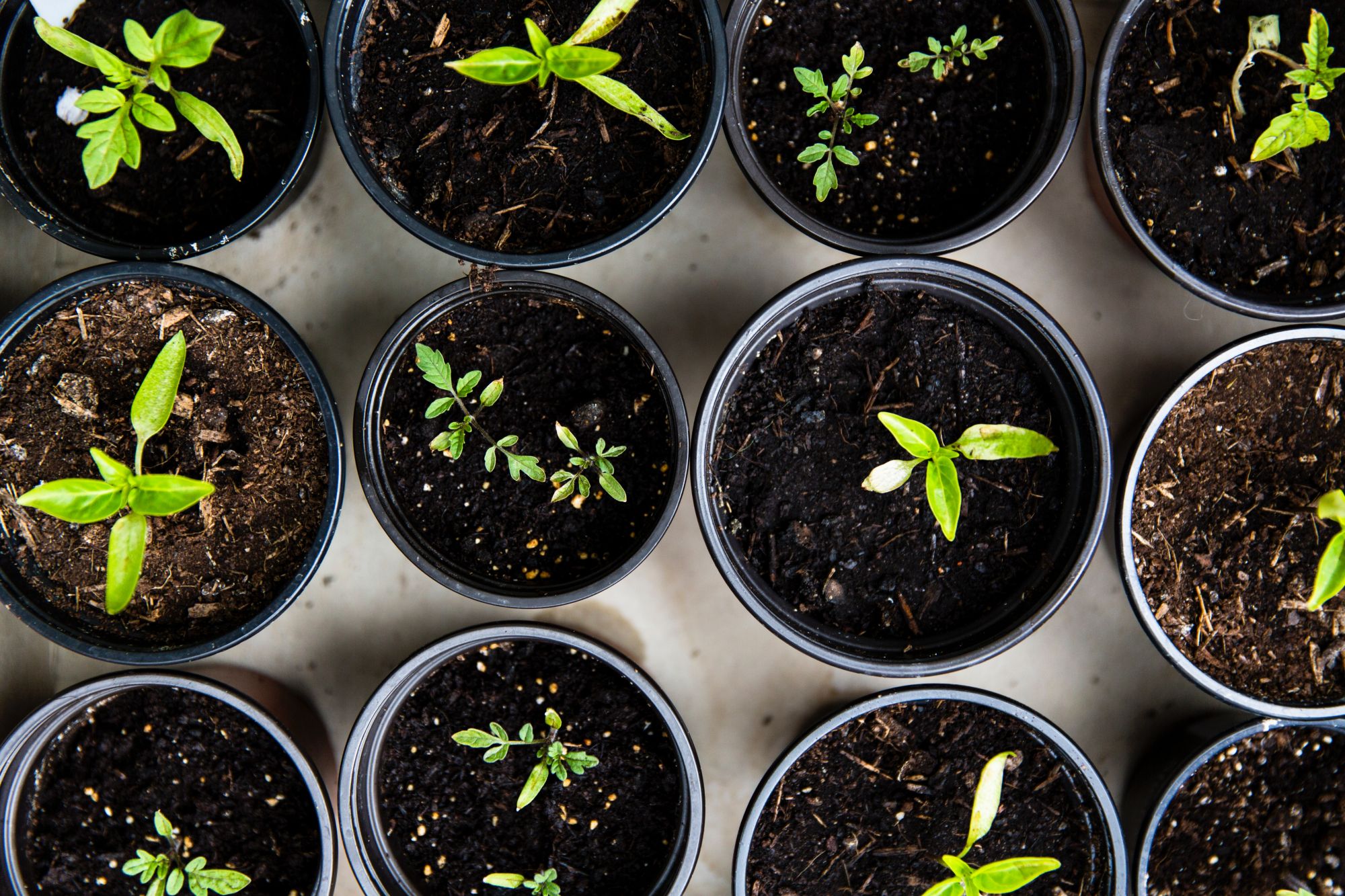
1. Grow your own food
Growing your own food has tons of benefits. Firstly, it encourages you to eat fresh produce, one that is at its peak ripeness. Secondly, by growing your own food, you can make sure which exact chemicals and insecticides go to the plant, and you can also opt to have it as organic as you wish. When it comes to lessening food waste at home, planting your own veggies and produce motivates you to utilise your own harvest rather than buying repeatedly.
